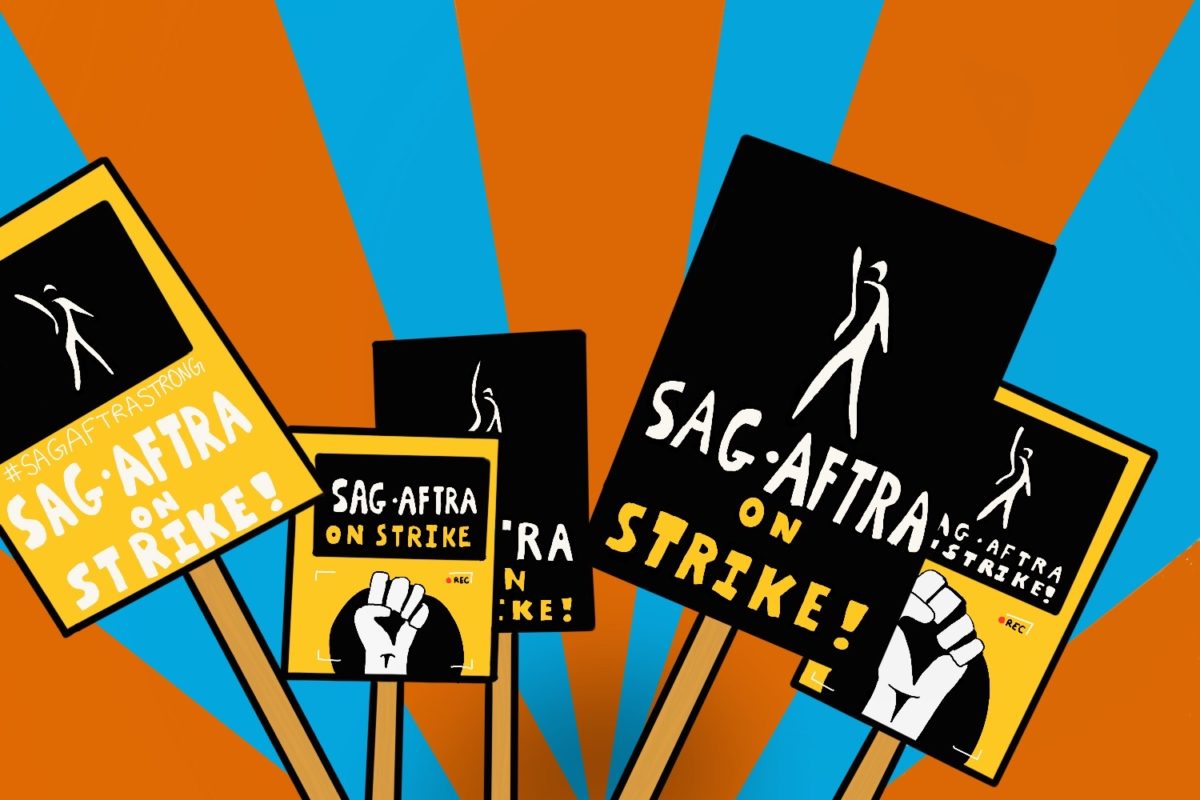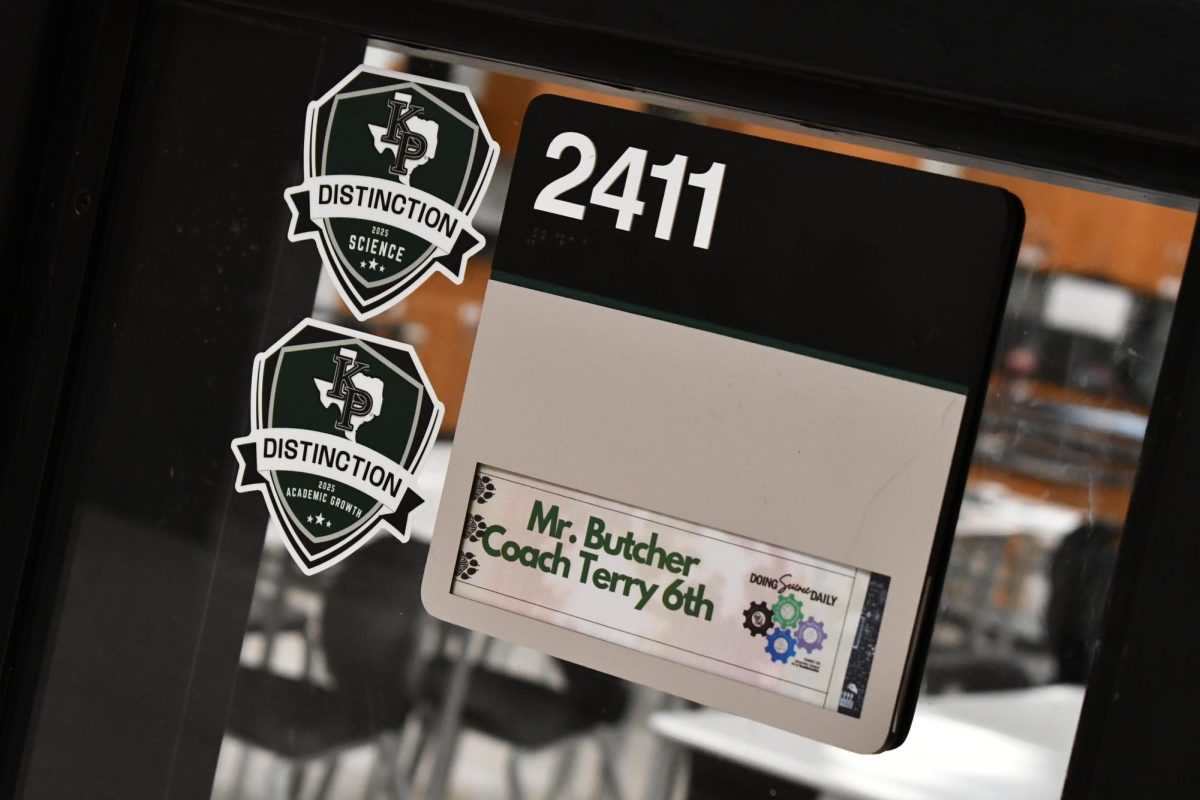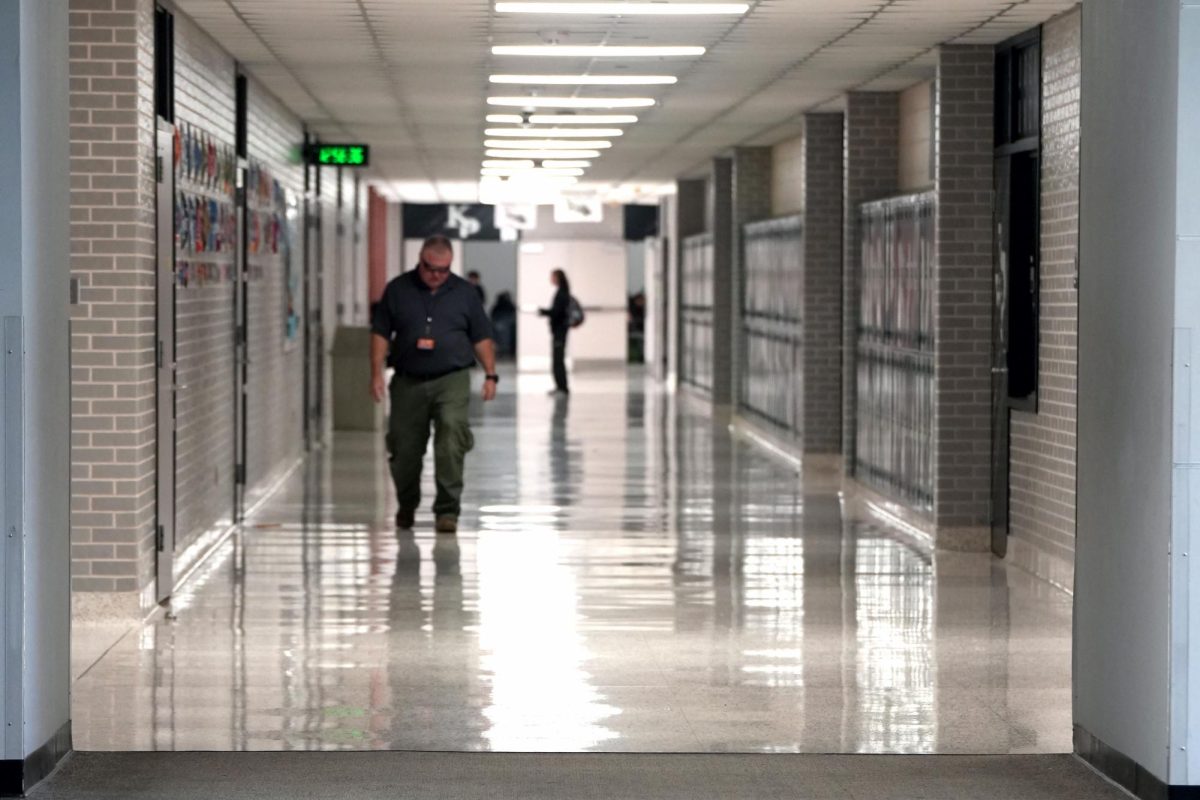Contract conflict within Hollywood remains, along with delays in media production. Popular TV shows, including “Stranger Things” and “Euphoria,” have yet to return to writing and filming.
The Screen Actors Guild and American Federation of Television and Radio Artists (SAG-AFTRA) started the strike July 14, in response to the refusal of the Alliance of Motion Picture and Television Producers (AMPTP) to grant many aspects of the SAG-AFTRA’s proposed contract during standard contract renegotiations.
Technical theater teacher Courtney Neuwirth earned her BFA in Theater Education from the University of Houston, and as a result of her deep involvement in theater has connections to people that are affected by the contract situation.
She said that in her experience the demands of the unions are fair and that the shift from cable to streaming services has resulted in massive change within the industry.
“I think that as any industry changes, that the standards for paying compensation have to change as well,” Neuwirth said. “Because of the change that streaming services have brought to the industry, it’s very different. Depending on what streaming service it’s on, there’s a lot more variables and so their compensation has to reflect that change from one to the other.”
The two major features of the contract proposed by the SAG-AFTRA are an 11% wage increase in year one, citing inflation as the reason this is necessary, and the guarantee of personal image rights that would prevent production companies from manipulating and using performers’ image through AI, unless given express consent.
The AMPTP stuck on a 5% raise, and did not agree to the imaging clause. Further points of contention include the SAG-AFTRA’s demands for professional hair and makeup consultation on-set, shares of streaming profits for the performers, increased pensions and health-care, freedom to work during hiatus from production, and compensation for work-related relocation costs.
One of the major fears of union workers is that their work becomes obsolete when AI becomes universally used to create scripts, generate plot points, and even generate the image of performers.
“The possibilities are really endless,” Neuwirth said. “(AI) can be a very useful tool. The issue will become, will (the use of AI) eventually separate from the people? And that’s not where we want to go. I think that’s how it will be the most successful: used in conjunction with people rather than as a separate entity and removing that people aspect of it.”
Neuwirth says that the situation has shone a light on smaller film companies, and the ways that they have been able to work with the performers to demonstrate that what they are striking for is achievable.
“When there is something wrong with the system, going through the channels and speaking up about it and contesting for (their) rights is important and achievable,” Neuwirth said. “I stand with the actors and writers.”








